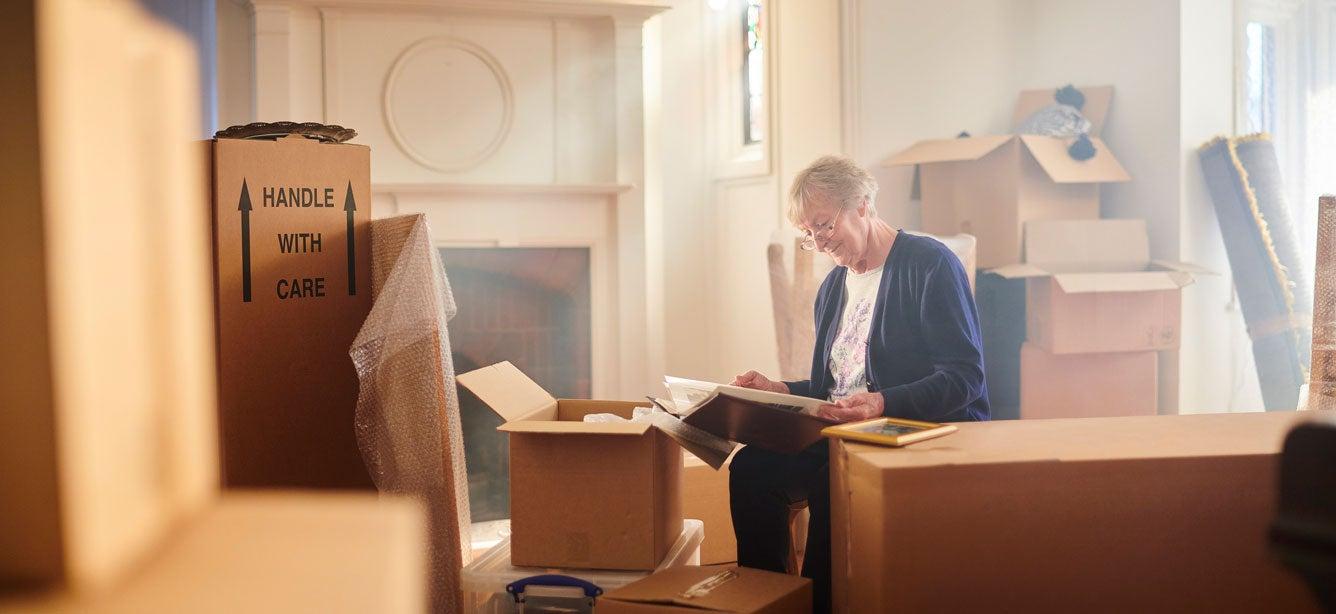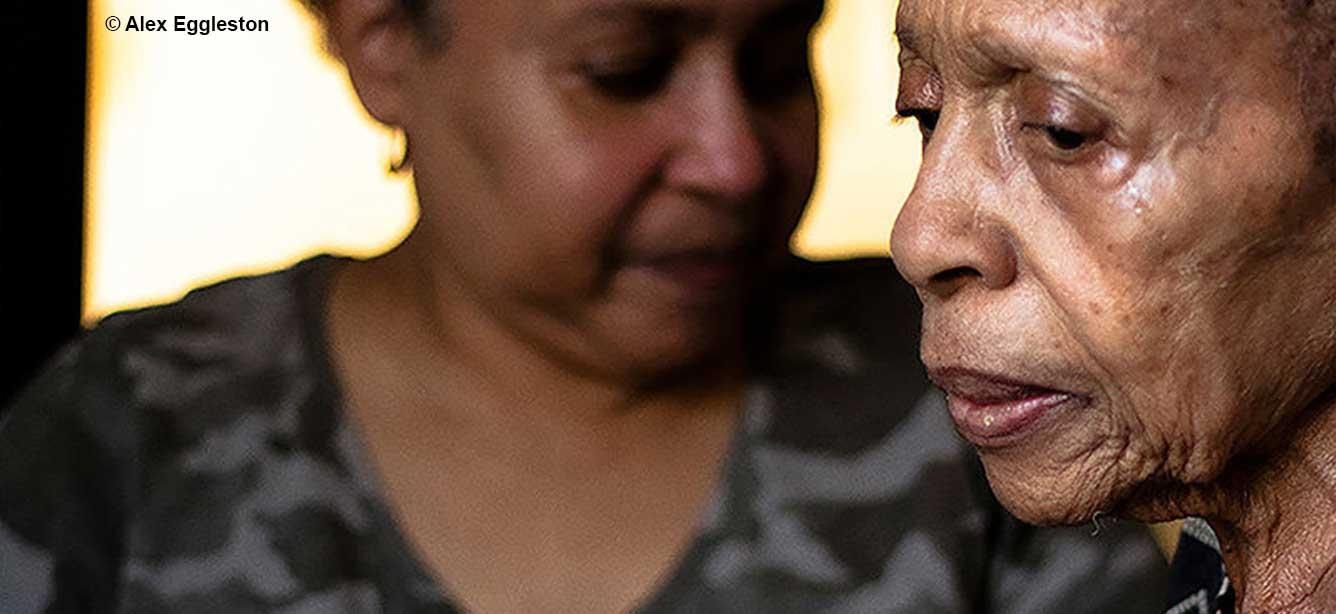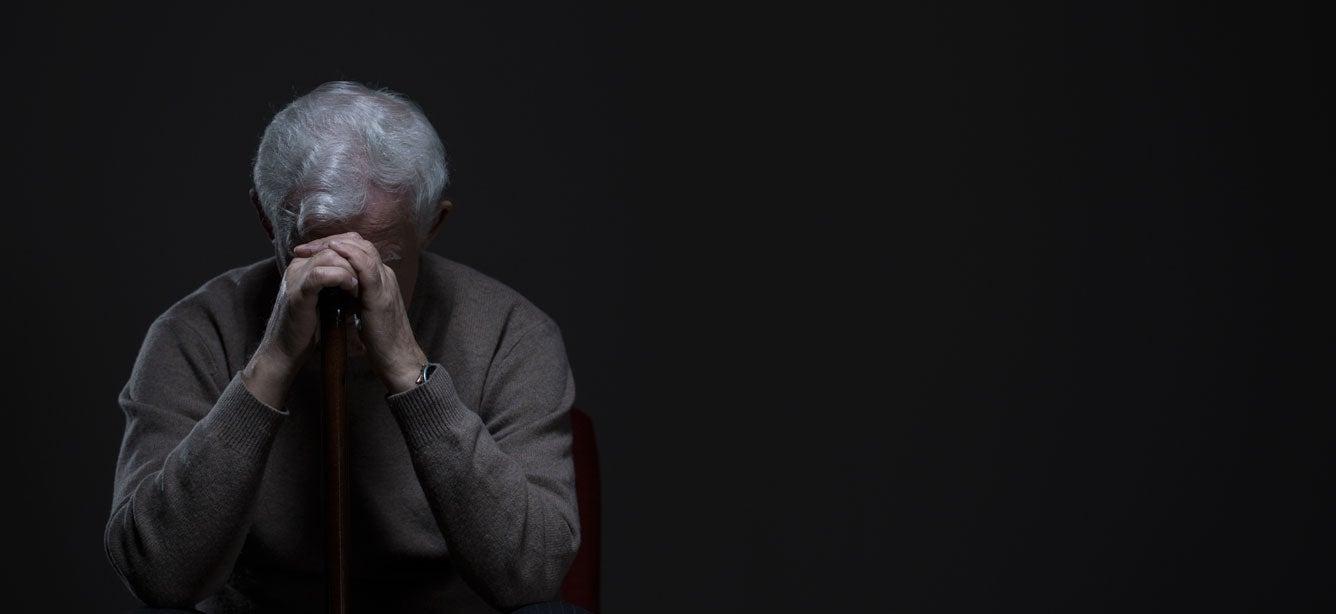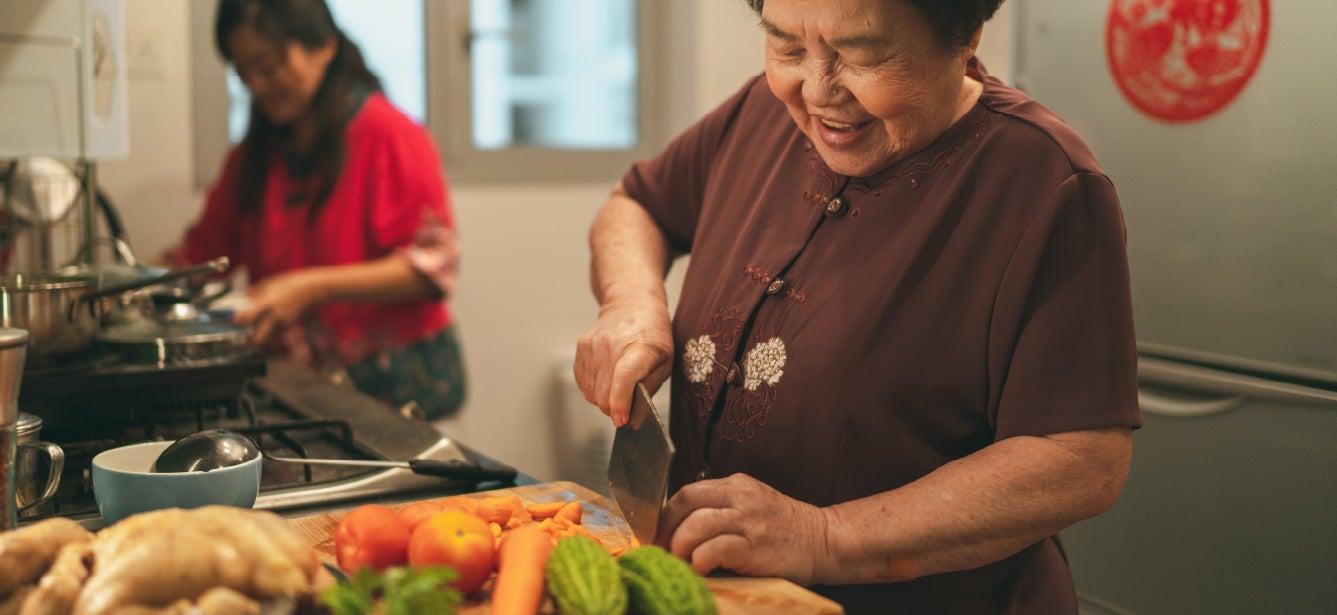
We’ve all heard stories of inseparable older couples where one person passes away shortly after the other. The idea of dying from a broken heart may seem like something straight out of a Hollywood movie. But there's an official name for this very real occurrence. It's called the “widowhood effect.”
What is the widowhood effect?
With the widowhood effect, older adults grieving a spouse’s death have an increased risk of dying compared to those whose spouses are living. This effect has been documented by researchers. A 2023 analysis of data from nearly one million Danish citizens age 65 and older found that the younger people were when their spouse died, the more likely they were to die within a year. Men in this scenario faced a 70% higher risk of dying, while women faced a lower risk (27%) compared to women who did not lose their spouse.1
An earlier study drew a similar conclusion. It found that people had a 66% increased mortality risk within the first 90 days of losing their spouse.2 These results held true for both men and women.
What causes the widowhood effect?
Researchers aren't sure. There are numerous theories behind the widowhood effect, but no firm evidence for what causes it. Some possible reasons why one grief-stricken spouse dies soon after their partner include:
- The physical and mental tolls of being a caregiver. Adults who spend all their time caring for an ailing spouse may neglect their own health and well-being. This lack of self-care may carry into the grieving process once the spouse passes on. For example, the surviving partner may fail to take their prescribed medications or keep important doctor's appointments.
- The physiological impact of grief. Symptoms of grief can range from poor sleep and weight loss to lower immunity and illness. According to a 2018 study by researchers at Rice University, men and women suffering intense grief after their spouse's passing experienced up to 17% higher levels of inflammation in their bodies.3 High inflammation has been linked with serious health risks such as heart attack and stroke.
- A lack of social support. This is especially true if the surviving spouse relied on their partner to maintain an active social calendar and stay connected to family and friends.
- Changes in environment. In some cases after the death of a partner, a person might have to leave their longtime home to live with a family member. The lifestyle disruptions that often take place after a spouse’s death may be harmful to the surviving spouse’s mental and physical state.
In some cases, the love shared by spouses is so strong that grief does indeed cause actual harm to the heart. This effect is called Takotsubo cardiomyopathy (also known as stress-induced cardiomyopathy, or “broken heart syndrome”) and can lead to a weakening of the heart muscle. It tends to occur in cases of sudden, traumatic death and is more likely to impact women.
How can you cope with the death of a spouse?
Losing a beloved spouse can be heart-wrenching. When you’re moving through the stages of grief, it may be hard to imagine life without your partner. However, there are steps you can take to help you work through the grieving process and embrace the new chapter that awaits you:
- Talk to a qualified counselor. The complex, powerful emotions that come with losing a loved one can be difficult to sort through on your own. Meeting with a licensed mental health professional, whether face-to-face or online, can help you come to terms with your loss and adjust to life without your spouse. Ask your doctor to refer you to a mental health counselor in your area. You can also check with local hospitals and nursing homes to find support groups that specialize in spousal bereavement.
- Focus on self-care. It's common to lose interest in eating and cooking after losing a spouse. However, it’s important to make sure your body is getting the support it needs to carry on. Sleeping well, eating right, limiting alcoholic beverages, and exercising every day can help you feel your best and cope with the changes happening in your life.
- Stay busy. The loss of your life partner can shake up your normal routines, and you may suddenly find yourself with a lot of empty hours to fill. Finding new ways to occupy your time can help give you a renewed sense of purpose. Consider volunteering at a local school or food bank, pursuing a new hobby, or even getting a part-time job if you are able to. Renew that library membership and catch up on all those books you’ve been meaning to read.
- Get a pet. If your spouse has recently passed on, the silence of an empty house can feel overwhelming. If your lifestyle, health, and budget allow it, consider adopting a four-legged friend. A 2021 study found that people who were grieving received greater comfort from a pet or animal than from humans.4 One participant in the study wrote, "My dog was the person who was with me all the time. I think just having that soul there who can’t say anything so it’s like you know they’re not saying the right or wrong thing, they’re just there."
- Turn to others. Social support has been shown to be beneficial during the grieving process and can help counteract the widowhood effect. If you’re mourning the death of your spouse, make it a point to reach out to family and friends—even if it's just a short phone call. When you're feeling ready, find enjoyable ways to stay connected and busy such as joining a book club, taking a fitness class, or participating in activities at your local community or senior center.
Grief from the loss of a spouse usually eases with time
If you’re wondering how to recover from losing your spouse, keep in mind that you should mourn at your own pace. We all deal with loss in different ways. Try not to give in to pressure—from yourself or others—to “move on” within a certain amount of time.
One thing seems to hold universally true: time heals. Human beings are resilient creatures with the power to find joy and new meaning in life even after a painful loss. In one study on grief, clinical psychologist George A. Bonanno found that acute grief symptoms eased for 50% of participants by six months after a loss.5 Although thoughts of your spouse may be painful at first, focusing on good memories and positive emotions can help you find the peace you deserve.
Sources
1. Alexandros Katsiferis, et. al. Sex differences in health care expenditures and mortality after spousal bereavement: A register-based Danish cohort study. PLOS One. March 22, 2023. Found on the internet at https://journals.plos.org/plosone/article?id=10.1371/journal.pone.0282892
2. Felix Elbert, PhD and Nicholas A. Christakis, MD, PhD, MPH. The Effect of Widowhood on Mortality by the Causes of Death of Both Spouses (2008). American Journal of Public Health. Found on the internet at https://www.ncbi.nlm.nih.gov/pmc/articles/PMC2636447/
3. Rice University. For the brokenhearted, grief can lead to death (2018). ScienceDaily. Found on the internet at https://www.sciencedaily.com/releases/2018/10/181022153512.htm
4. Joanne Cacciatore, et. al. What is good grief support? Exploring the actors and actions in social support after traumatic grief. PLOS One. May 27, 2021. Found on the internet at https://pmc.ncbi.nlm.nih.gov/articles/PMC8158955/
5. Ruth Davis Konigsberg. Grief, Unedited (2011). New York Times. Found on the internet at https://www.nytimes.com/2011/02/15/opinion/15Konigsberg.html


